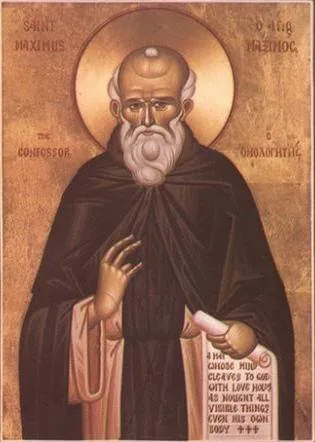
Maximus the Confessor: A Pillar of Christian Orthodoxy
Maximus the Confessor, a prominent theologian of the 7th century, played a critical role in shaping Christian doctrine against the backdrop of a rapidly changing political and religious landscape. His life and works have significantly influenced Eastern Orthodox and Western Christianity, earning him the title of Confessor for his steadfastness in faith amidst trials and tribulations.
Early Life and Background
Born around 580 in Constantinople, Maximus hailed from a family of high social standing. Not much is known about his early education, but it is believed that he received a rigorous formation in philosophy and theology. His intellectual pursuits led him to become a monk and to engage deeply with the theological debates of his time.
Theological Contributions
Maximus is best known for his profound contributions to the doctrines of Christology and the nature of the human will. One of his significant teachings is the distinction between Christ's two natures — human and divine — which he articulated against the Monophysite view that Christ had only one nature. His ideas were pivotal in affirming the orthodox belief in the hypostatic union, where both natures coexist without confusion.
In addition to Christology, Maximus emphasized the importance of free will in salvation. He argued that human beings must actively choose to turn towards God, placing a significant theological weight on the human response to divine grace. This perspective not only shaped Christian soteriology but also offered a way to reconcile divine providence with human freedom.
Political and Religious Persecution
Maximus's staunch defense of orthodoxy put him at odds with the ruling authorities of his time. The Sixth Ecumenical Council (680-681) condemned the Monothelite doctrine — which posited that Christ had only one will — further confirming Maximus's views. His involvement in these theological controversies led to severe persecution. He was captured and subjected to torture, where he famously endured mutilation for his beliefs, earning the title 'Confessor' for his unwavering faith.
Legacy of Maximus the Confessor
Maximus the Confessor's teachings left an indelible mark on both Eastern Orthodox and Western Christian thought. His writings, including the 'Ambigua' and 'Mystagogia,' delve into complex theological concepts, such as the nature of the divine, the role of human experience in salvation, and the significance of Christ's incarnation. Moreover, his concept of the 'Logos' — the divine reason or plan that governs the universe — continues to resonate in contemporary theological discussions.
Conclusion
Maximus the Confessor was more than just a theologian; he was a martyr for the truth of the Christian faith. His life and works beckon modern believers to engage more deeply with the mysteries of divinity and humanity. The legacy of Maximus serves as a reminder of the courage required to stand firm in faith, making him a revered figure in Christian history worth studying and emulating.






